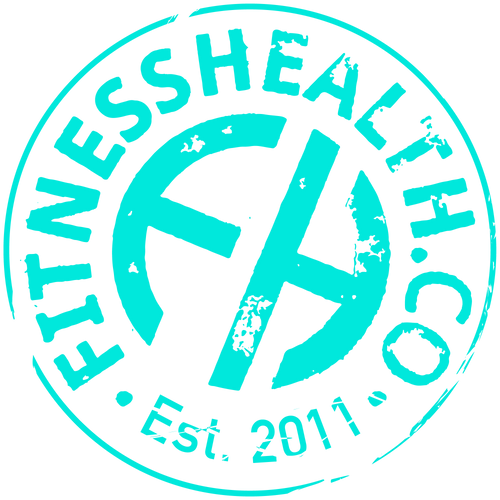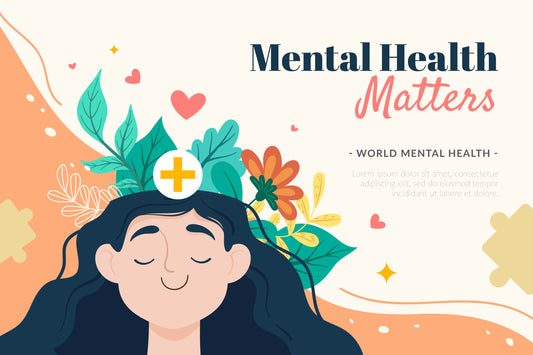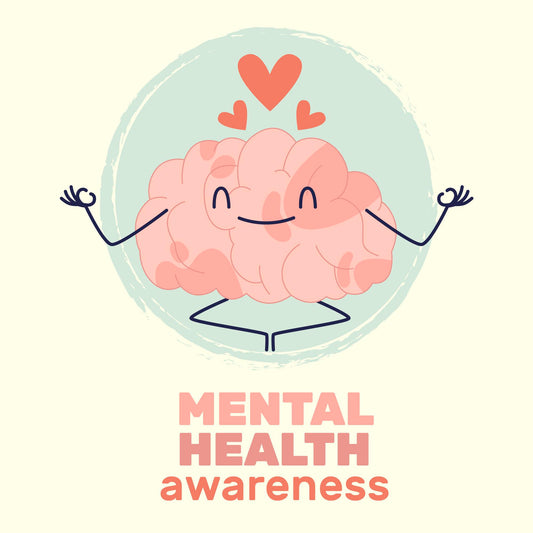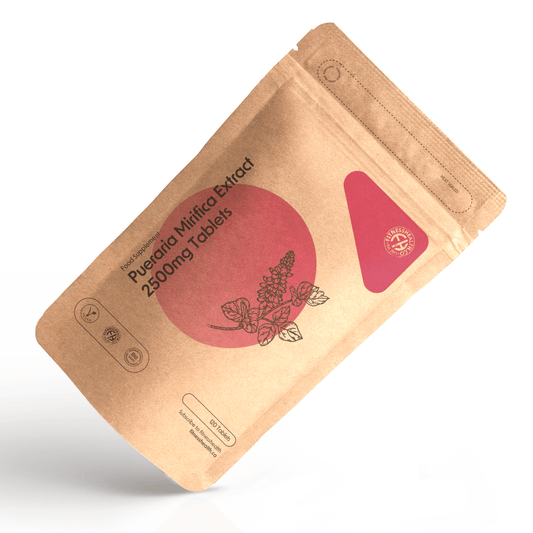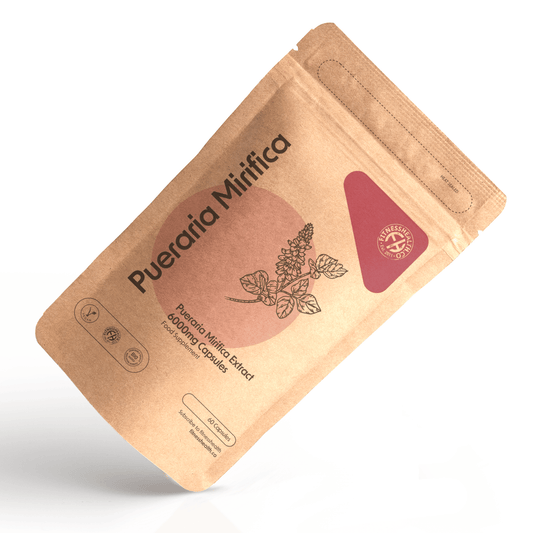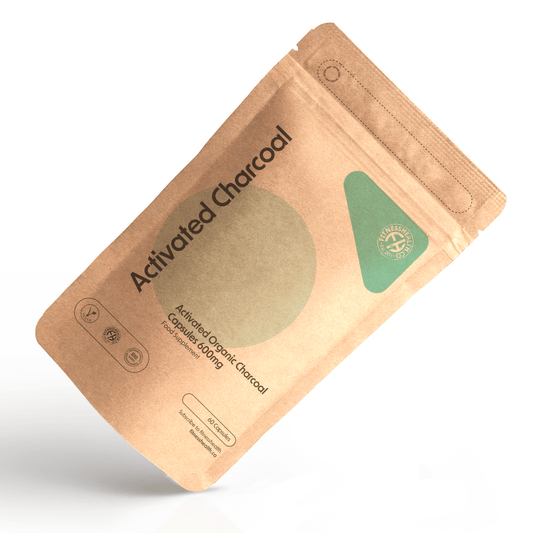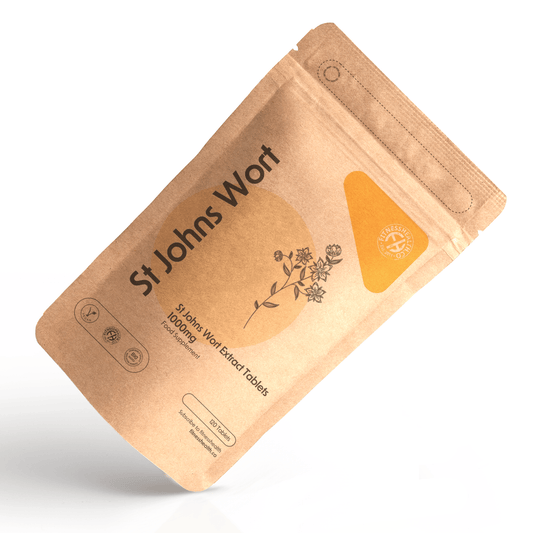Proteins are a crucial part of your daily diet, however, for vegans, there can be a slight problem because a lot of them, especially those who’s just shifted to a vegan diet, are unaware of rich sources of proteins.
Take note that there are certain plants that have more protein than others. As a vegan, if you want to add protein to your diet then here are a few great protein food sources.
- Seitan
This is, perhaps, one of the popular protein sources for vegans. While it is made using gluten, the main protein used is wheat. It is also rich in selenium. Plus, it contains small amounts of phosphorous, calcium, and iron.
- Soybeans
Edamame, tempeh, and tofu are common forms of soybeans. Soybean itself, regardless of what form it is in, is a whole protein source which means that it can provide all the essential amino acids that the body requires for proper and healthy functioning.
All three forms are rich in protein, calcium, and iron. Edamame is rich in fiber, vitamin K, and folate while tempeh contains minerals like phosphorus and magnesium, vitamin B, and probiotics.
- Lentils
Lentils are another ideal source of protein as they provide 18 grams of protein in just one cooked cup. Lentils can also be easily used in various dishes such as rich soups and fresh salads. Moreover, lentils are also rich in slowly digested carbohydrates. With one cup of lentils, you can fulfill half of your daily recommended intake of fiber.
- Nutritional Yeast
Since nutritional yeast has a taste similar to that of cheese, it is a common ingredient for things such as scrambled tofu and mashed potatoes. You can also sprinkle nutritional yeast on pasta dishes. Alternatively, it can also be used as a savory toppings for popcorn.
- Green Peas
The vegetable which is usually served as a side dish provides 9 grams of protein in one cooked cup. This is a little more than the proteins you get from a cup of milk. Moreover, peas can also fulfill 25% of the daily intake of fiber, manganese, folate, thiamine, vitamin K, vitamin C, and vitamin A.
- Spirulina
Spirulina is a blue-green alga and is a nutritional powerhouse. With only two tablespoons, you can get 8 grams of protein. Moreover, the algae also fill 22% of your daily intake of thiamin and iron. It is also rich in copper.
- Soy Milk
Milk made using soybeans, which is then fortified with minerals and vitamins, is a great replacement for cow’s milk. Soy milk contains 7 grams of protein in one cup and is rich in vitamin B12, vitamin D, and calcium.
- Oats
The easiest and most delicious way to include protein in your diet is by using oats. Just 120 ml of dry oats contain 4 grams of fiber and 6 grams of protein. It is also an ideal source of folate, phosphorus, zinc, and magnesium.
Oats are not considered as complete sources of protein; however, they contain protein which is of a higher quality than the quality of proteins that other grains like wheat and rice are able to provide.
- Wild Rice
Wild rice has almost 1.5 times the component of protein than other varieties of long-grain rice such as basmati and brown rice provide your body. With one cup, you can get 7 grams of protein along with a high amount of vitamin B, phosphorous, copper, magnesium, manganese, and fiber.
- Chia Seeds
A total of 35 grams of chia seeds provide 6 grams of proteins. Moreover, these seeds provide magnesium, selenium, calcium, iron, antioxidants. Chia seeds also contain omega-3 fatty acids, along with other plant compounds which are quite beneficial for your health.
So, incorporate the above edibles to meet your protein intake as a vegan for a healthy lifestyle.
